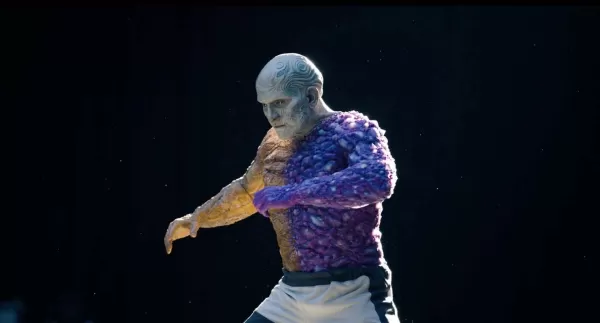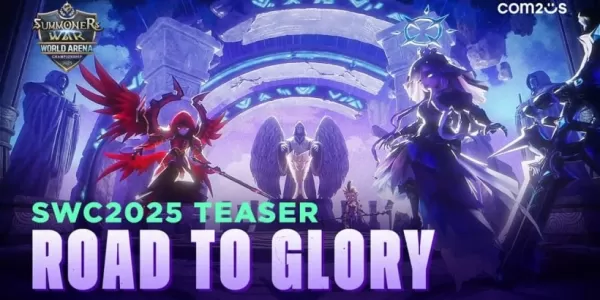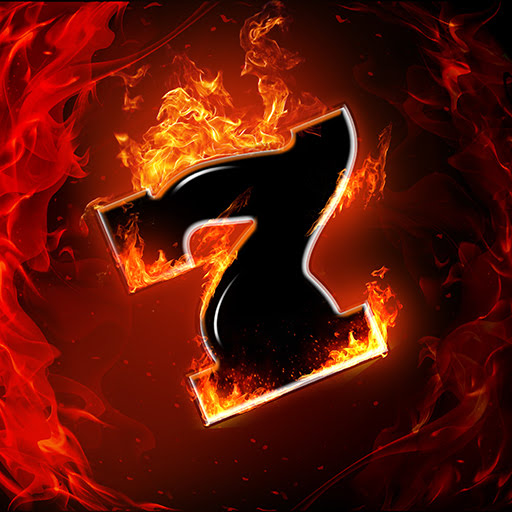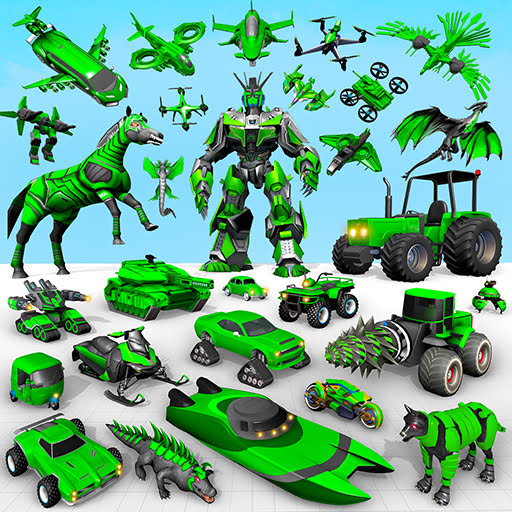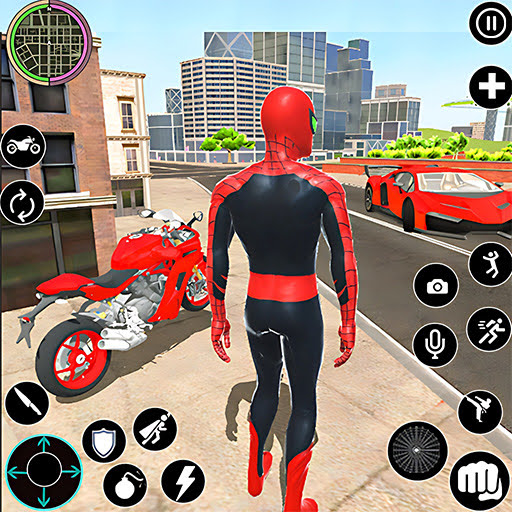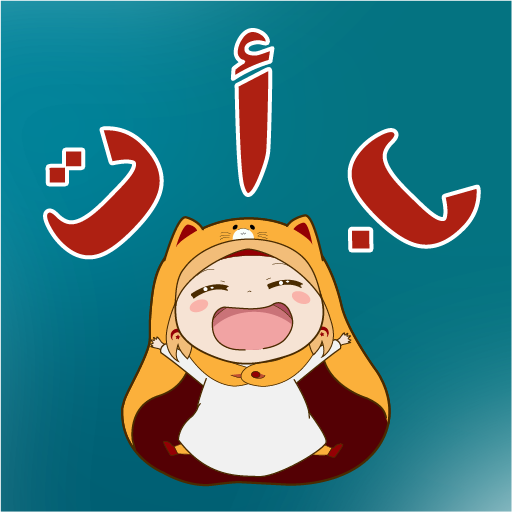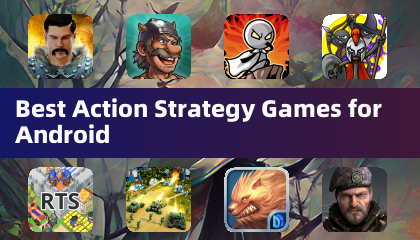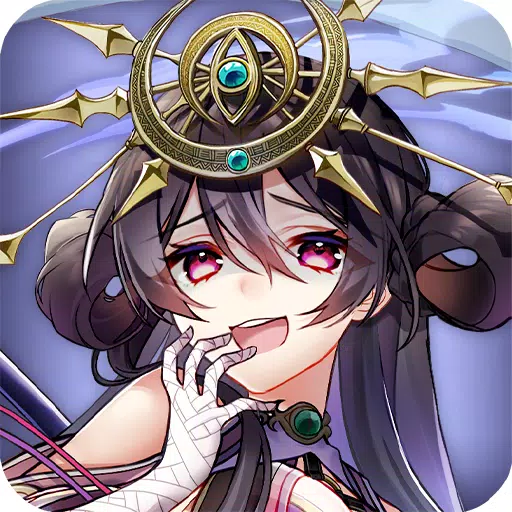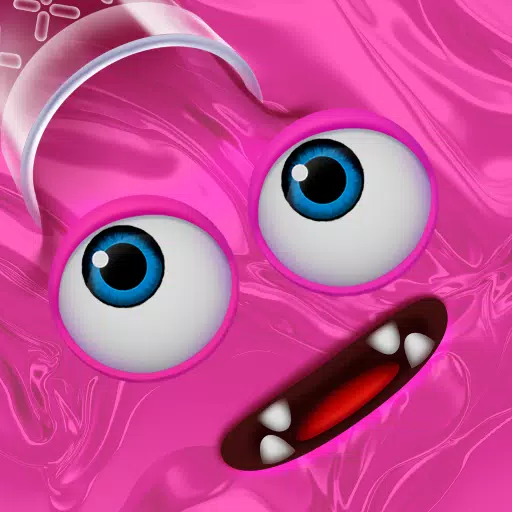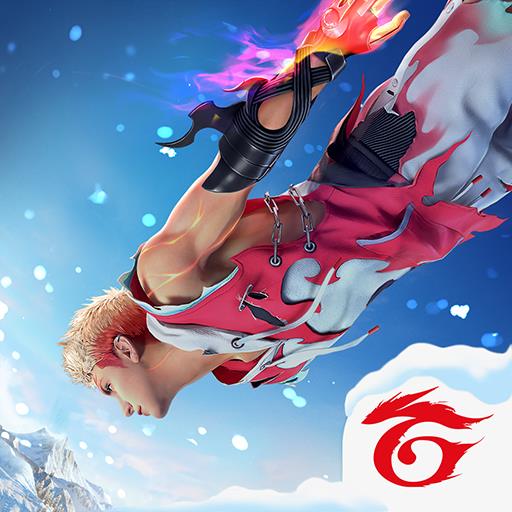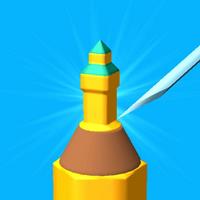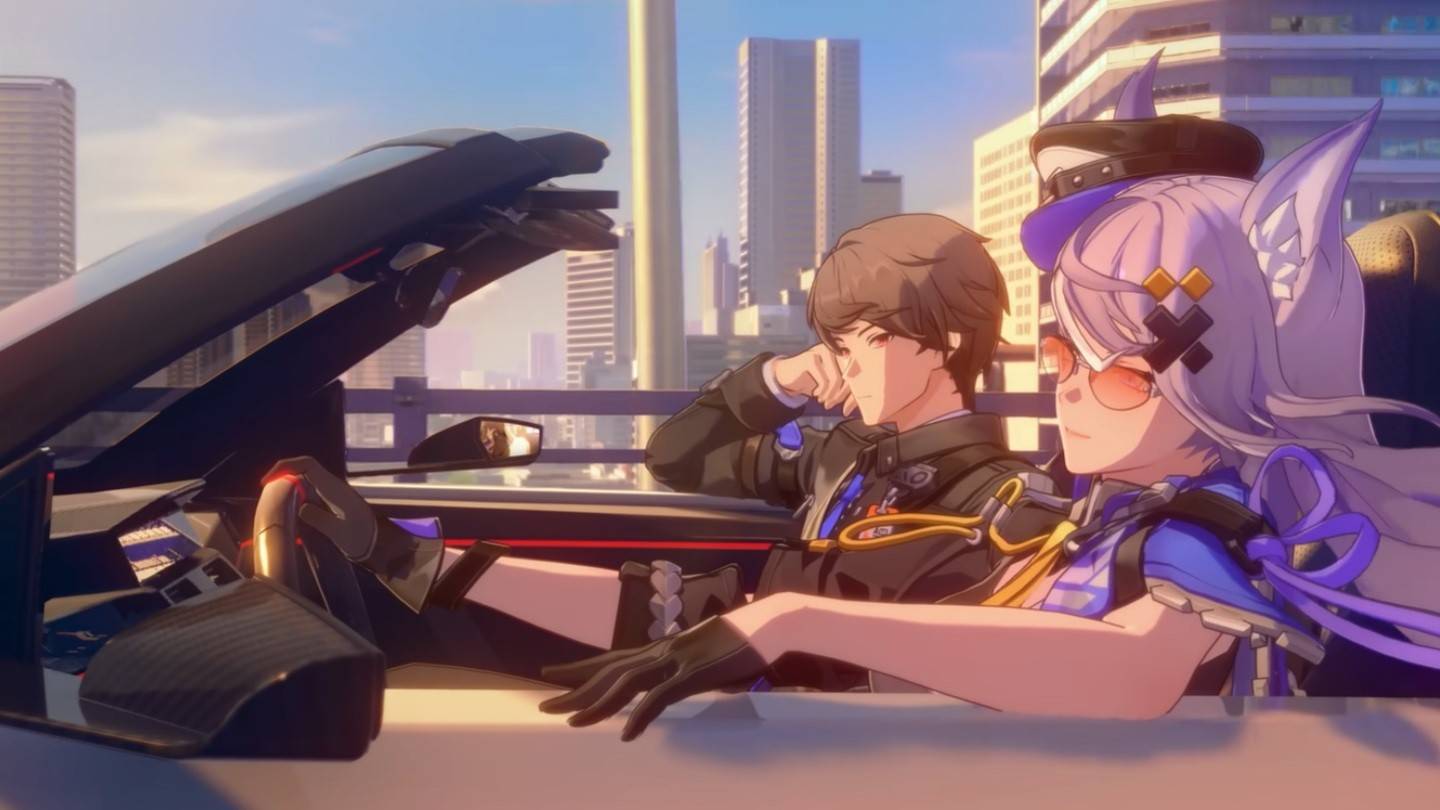Nintendo's introduction of Game-Key Cards for the Switch 2 has ignited significant conversation among gamers and industry experts alike. Unveiled alongside the Switch 2 last month, Nintendo confirmed that some Switch 2 game cards will not contain the actual game data but instead provide a key for digital download. This move was later clarified by Nintendo, stating that Switch 2 Edition games will include both the game and any upgrades directly on the cartridge.
Switch 2 Game-Key Cards are essentially physical cards that house a download key rather than the game itself. Upon inserting the card into your Switch 2, you'll need to download the game. To ensure transparency, these cards are clearly marked on the lower part of the front of their packaging, helping consumers understand exactly what they're buying.
Titles such as Street Fighter 6 and the Bravely Default remaster come with the Game-Key Card disclaimer, whereas games like Mario Kart World and Donkey Kong Bananza do not. Notably, Cyberpunk 2077, with its hefty 64 GB size on the Switch 2, is available on a cartridge.
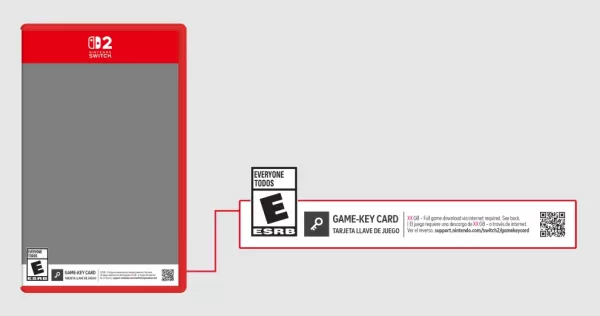
The response to Nintendo's Game-Key Cards has been vocal. Nightdive Studios CEO Stephen Kick expressed his disappointment, stating, "Seeing Nintendo do this is a little disheartening. You would hope that a company that big, that has such a storied history, would take preservation a little more seriously."
During an interview about the opening of the Nintendo San Francisco store, IGN asked Nintendo of America's President, Doug Bowser, about the future of physical media in light of the Game-Key Cards. Bowser affirmed, "In the immediate future, physical games are still a key part of our business. And we value our relationships in particular with our retailers, and want to make sure we have products available for them to sell to their consumers."
Nintendo Switch 2 Game Boxes

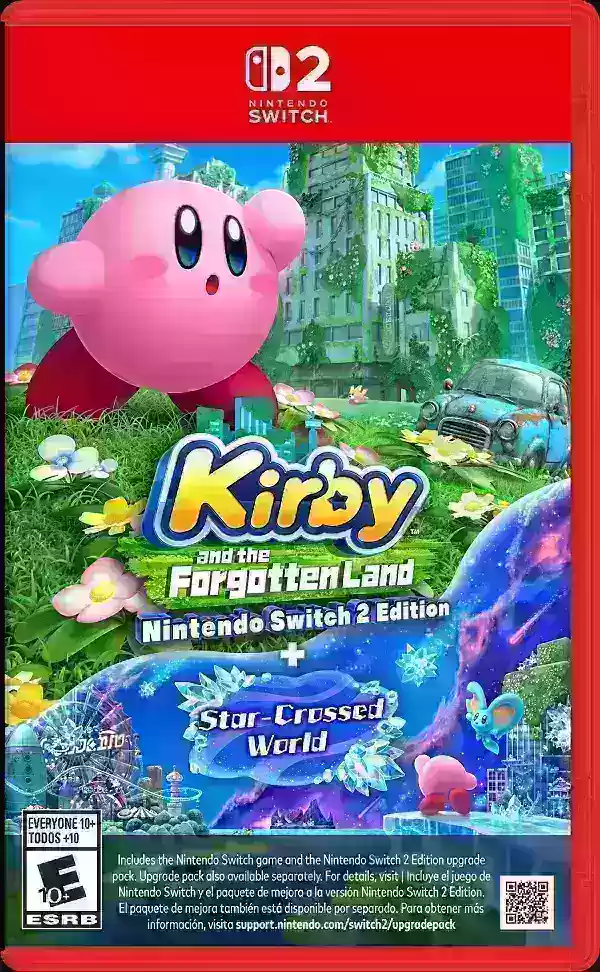 View 7 Images
View 7 Images
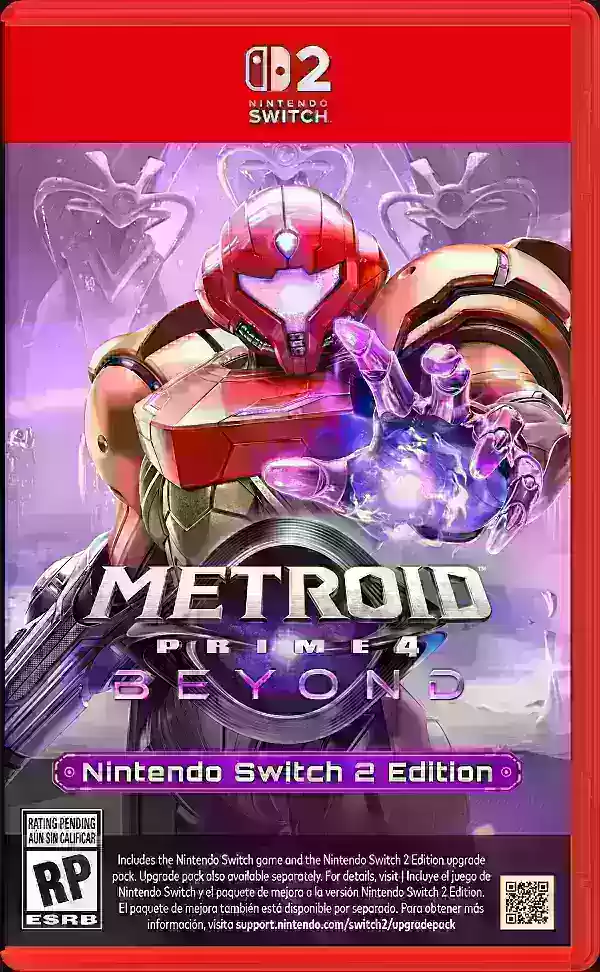


Bowser further elaborated on the purpose of Game-Key Cards, highlighting their role in expanding the Switch 2's game library. "When you look at Game-Key Cards, for us, our goal with Nintendo Switch 2 – similar to what we were able to accomplish on Nintendo Switch – is to have the broadest and deepest library of content we possibly can," he said. "And that includes our publishing partners. And Game-Key Cards are a way that our publishing partners are able to bring more content onto the platform, deeper and larger, more immersive content on the platform."
CD Projekt opted for the largest capacity Switch 2 cart, 64 GB, for Cyberpunk 2077, confirming this as the maximum size for all Nintendo Switch 2 cartridges. In contrast, Nintendo has kept its first-party game sizes smaller:
Nintendo Switch 2 game storage sizes:
Mario Kart World: 23.4 GB
Donkey Kong Bananza: 10 GB
Nintendo Classics: GameCube app: 3.5 GB
Super Mario Party Jamboree – Nintendo Switch 2 Edition + Jamboree TV: 7.7 GB
Kirby and the Forgotten Land – Nintendo Switch 2 Edition + Star Crossed World: 5.7 GB
Almost all physical third-party Nintendo Switch 2 games announced so far utilize Game-Key Cards. Daniel Ahmad, Director of Research & Insights at Niko Partners, warned that this approach might strain the eShop at the Switch 2's launch in June due to increased download demands from eager fans.
"Game cards are significantly more expensive than discs (+ increases with each GB)," Ahmad explained, shedding light on the economics driving publishers' decisions. "It takes time to ramp up production of multiple storage capacity game cards. Digital games / lower capacity cards offer higher margins for publishers. Digital is the majority of sales."
Christopher Dring, Editor-In-Chief and Co-Founder of The Game Business, described Game-Key Cards as "basically Christmas/birthday present boxes for wrapping up." He added, "Ultimately, with fewer games retailers, rising manufacturing costs, the fact that younger generations just don’t care, plus the drive for sustainability, all points in one direction for physical media."
For more insights into Nintendo's strategies and the future of the Switch 2, check out IGN's full interview with Doug Bowser about the Nintendo San Francisco store and more.

